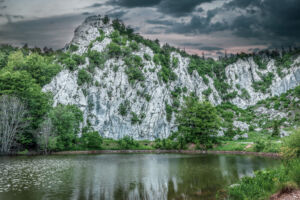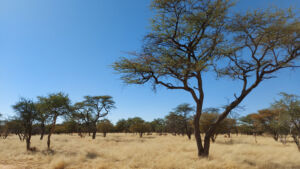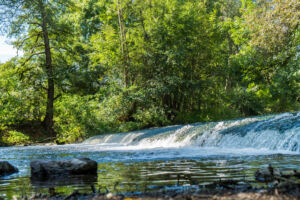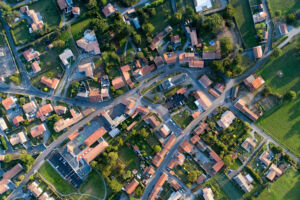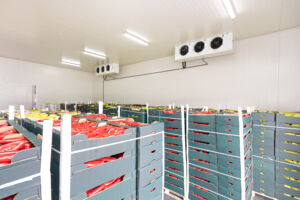
CultCryo – Infrastructures, Politics and Futures of Artificial Cooling
Artificial cooling fundamentally shapes the world we live in. Cooling and freezing technologies have become indispensable for a wide range of everyday practices. The project explores the cultural foundations of global cooling infrastructure and its impacts.
